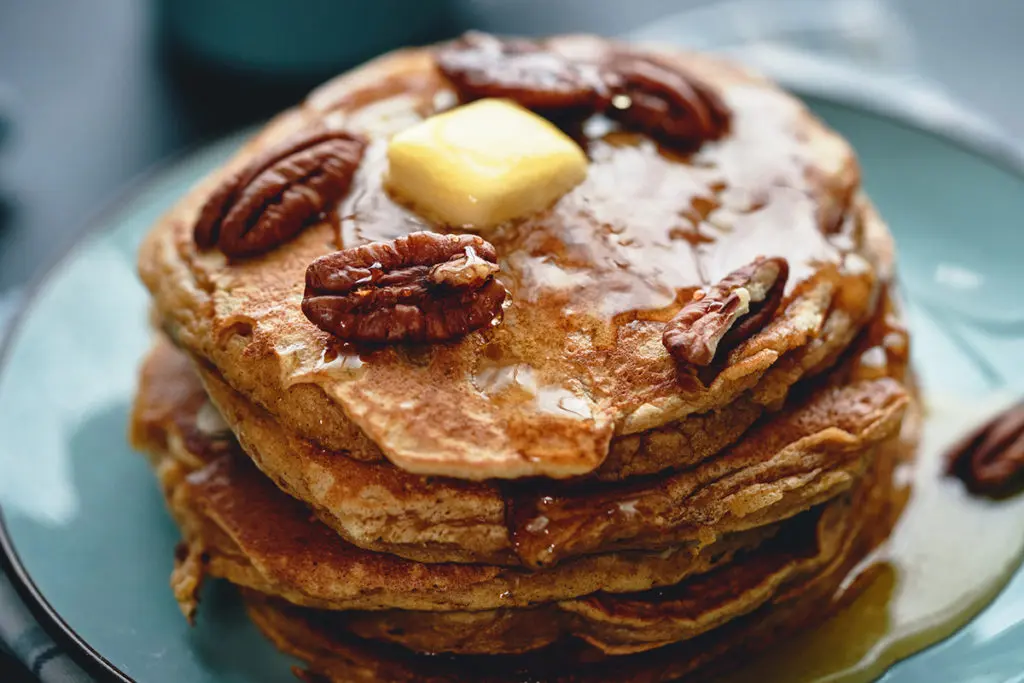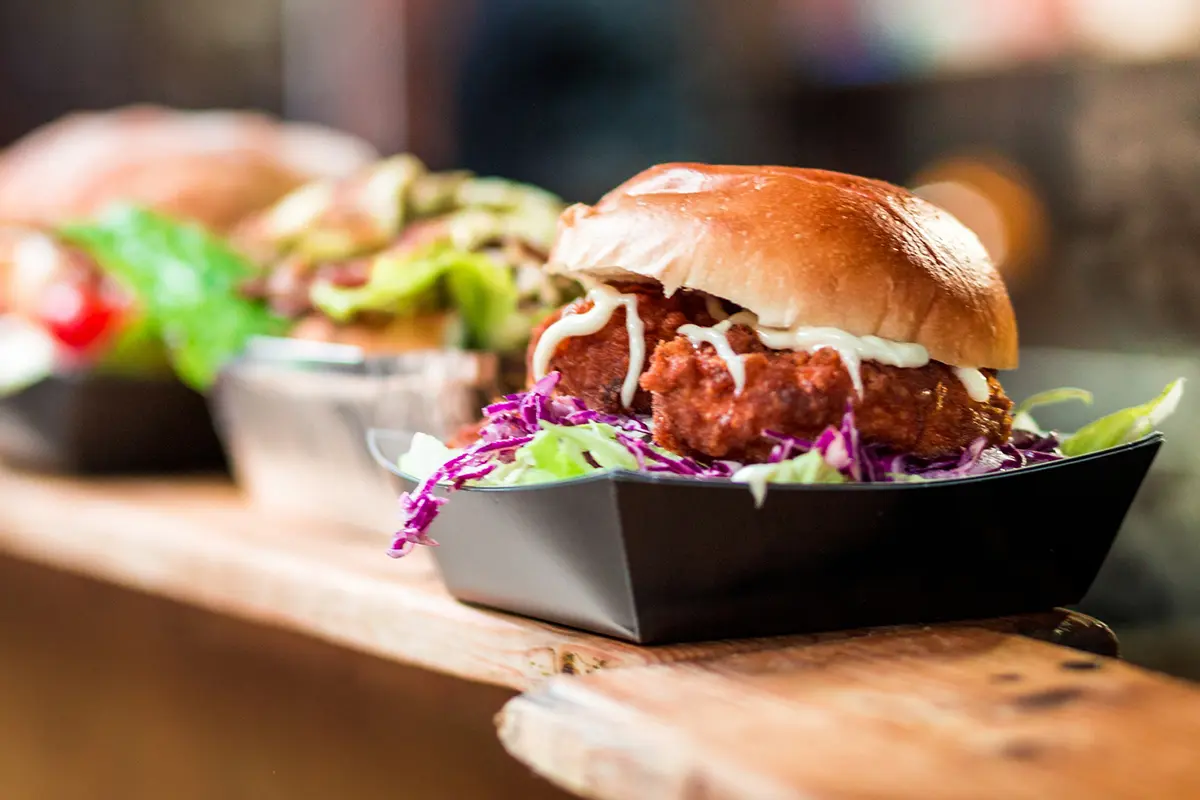Are cCheat Days And Cheat Meals Good For Weight Loss?

Fitness enthusiasts love cheat days. You stick to a strict eating plan for the entire week, but on one day you can eat what you want. Burgers, pizza, ice cream, chocolate, soft drinks, alcohol… sounds like fun, right?
Your diet can have a huge impact on your fitness goal, whether you are trying to lose weight or gain muscle. Are cheat days or refeeding days really beneficial if you’re trying to reach your fitness goals?
WHAT’S THE DIFFERENCE IN CHEAT MEALS FROM CHEAT DAYS
Decide how much money you’re willing to spend:
- Cheat Days: Pizza at breakfast, ice-cream for lunch and burgers and fries for dinner. You can eat anything you want on a cheat-day. This day is entirely up to you. Some people eat everything in sight. You could consume up to twice the calories you would on a typical day. Some people choose to increase their daily calories with high-calorie, healthy foods.
- Cheat Meals: A second option is cheat meals. You eat healthily for the entire day, but then you have a cheat meal where you indulge in foods that aren’t part of your diet.

PHYSICAL IMPACT OF CHEAT DAYS
In order to provide your body and brain with a break from a restrictive diet, you can have a cheat meal or day. Several studies show that athletes who alternate days of food restriction with higher food energy intake achieve their weight loss goals without relapsing.
The theory goes that cheat days boost metabolism because they increase leptin production. The body should burn more calories as a result. The effects of a heat day and a refeeding are still being investigated. Leptin, a peptide (consisting amino acid chains), is secreted from the fat cells in the body. It is believed that overeating can boost metabolism by 3-10%.
Having a cheat day too often can also put you behind in your fitness goals. You will not lose weight if you indulge in cheat days too frequently. You should only indulge in cheat days in moderation. Keep track of what you eat on those days to avoid losing fitness progress.
PSYCHOLOGICAL IMPACT OF CHEAT DAYS
The human mind can be affected by both positive and adverse effects of cheat days or refeeding days. Many people believe that cheat days are helpful in sticking to a diet. This makes it easier to control food cravings the rest of the time.
Overeating may be harmful to some people. On their cheat days, they eat so much that they feel guilty afterward. They may only think about their next cheat-day, instead of thinking about healthy eating. This is a very unhealthy behavior that can lead to eating disorders.
SHOULD YOU CHEAT REGULARLY?
You can indulge yourself in something you have been craving every now and then. Even if you’re trying to lose weight, or working toward a fitness goal, there should be some room in your diet for occasional indulgences.
It is not recommended to schedule regular days where you eat whatever you want. You will feel guilty, bloated and possibly even sick at the end of a day after consuming several thousand calories. It doesn’t sound very fun, does it not?

In this situation, cheat meals would be a healthier option. Imagine you have a craving for pizza and you decide to indulge in a cheesy, greasy slice. A slice of pizza with cheese has about 300 calories. That’s not too bad, is it? What if you have a whole pie of pizza in front you, and you are tempted to consume four slices? Now you’re indulging in a 1,200-calorie meal.
This is not an awful treat that will prevent you from progressing. If you extend your cheat day to 12 hours and indulge in delicious treats, you can easily consume thousands of calories that you wouldn’t otherwise consume.
You should treat yourself with moderation, but still be aware of what you are eating. People with diabetes, high blood pressure, or high cholesterol should be extra cautious. Even small treats may have a negative impact on health.
KEEP A DIARY AND EXERCISE
Tracking your diet, especially macronutrients (carbs, proteins, and fats), can help you plan your cheat meals. This will allow you to enjoy your favorite foods while still working toward your fitness goals.
You can plan small treats with food tracking: for example, enter the ice cream you had tonight in your food journal first thing in morning. You can then adjust your diet to meet your goals without going overboard. Everything in moderation is the secret.
Keep an exercise journal to keep track of your progress in fitness and to celebrate your accomplishments. If we don’t pay attention, small victories can easily go unnoticed before reaching big goals. You can keep track of your progress and stay motivated by tracking your workouts. Track your workouts using the adidas running app or adidas training app.